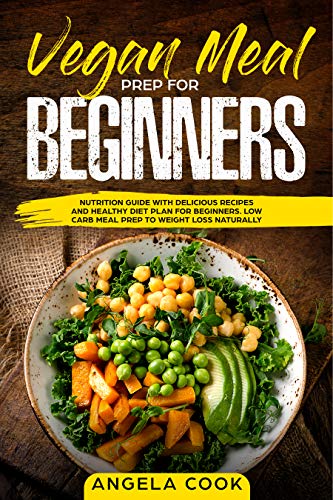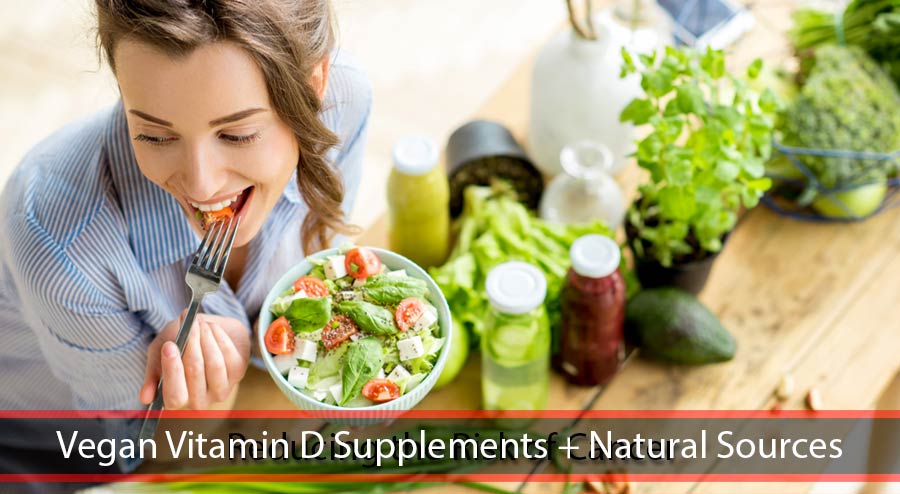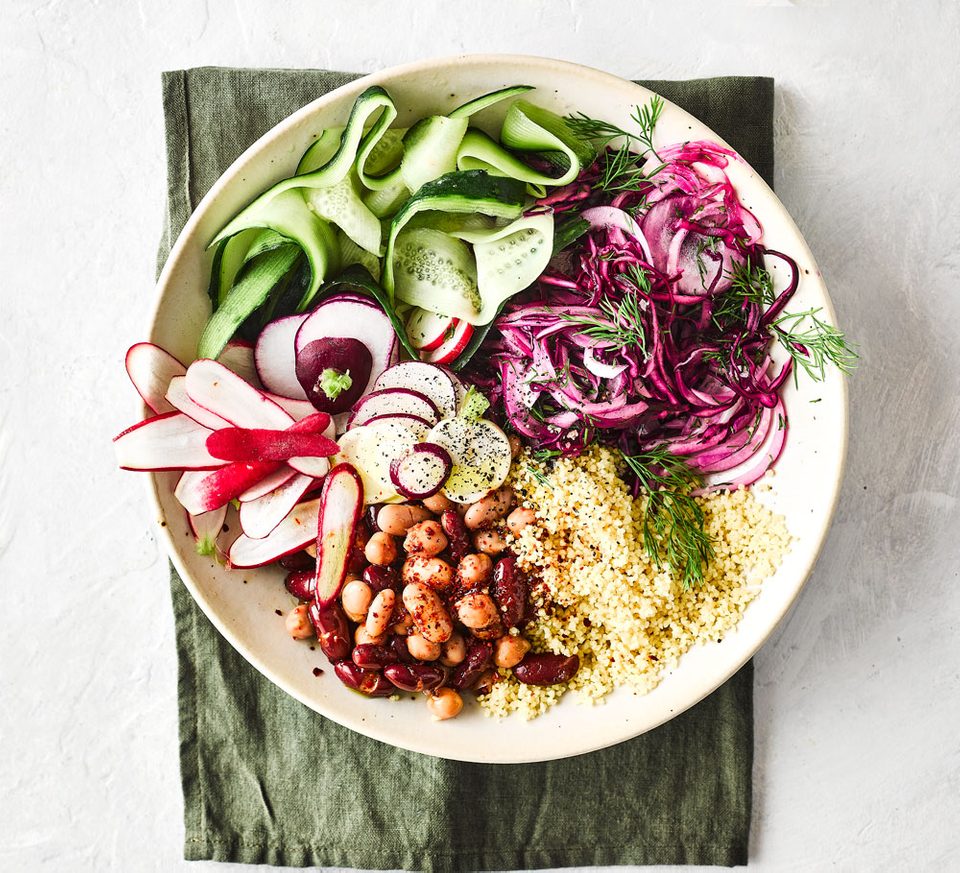
A vegan protein powder can be a great option to get your daily dose of protein without compromising on quality. A few things to consider before you purchase a vegan powder. For one, it must have the same amino acid profile as non-vegan proteins powders. A vegan protein powder must have no added sugars.
Protein powders made from plant-based proteins are a great source of protein
Plant-based protein powders are an excellent way to add protein to your diet. These powders can also be used to enhance baked goods and other desserts with protein. They also help to make these foods and snacks last longer. This also reduces snacking in between meals.
The best plant-based protein powders will have a blend of protein sources, including branched-chain amino acids (BCAAs) that improve recovery, and digestive enzymes that help you digest plant-derived proteins. Garden of Life Sports Plant-Based protein powder includes all of these elements.

They lack essential amino oils
Vegan protein powders, which are made from plant-based proteins and don't contain animal product, are protein powders. In the past vegan protein powders only included soy. Today, there are many options for vegan protein powders, such as hemp, quinoa and brown rice. These plant-based products are often mixed in with spices like buckwheat and sunflower. Vegan protein powders are also available in isolate and concentrate forms, allowing you to choose what works best for your body.
While vegan protein powders usually lack essential amino acids, they are still a healthy choice. They contain more BCAAs than other types of protein. Vegan proteins are not able to contain all nine essential aminos, so vegan proteins must be combined with other protein to achieve the same results.
They contain high levels of added sugars
If you're considering a vegan protein powder, it is important to read the label. You should avoid brands that contain excessive sugar. Many protein powders include artificial sweeteners like sucralose, ace-K, and other sweeteners. These ingredients could cause gastric distress.
It is essential to choose a vegan protein powder that is optimized for bioavailability. A vegan protein product that is bioavailable can enhance your body's performance. You should look for powders that have the same bioavailability as whey. ioPea Protein, which is naturally optimized for bioavailability, contains only peas and has threefold more bioavailability that a nonoptimized version.

They share similar amino acids profiles to non-vegan powders
Vegan protein powders are an excellent way to get your daily protein intake without having to worry too much about animal products. They come with the same amino acid profiles as non-vegan powders and are available in several flavors. You can flavor your protein shake with spices or cocoa. You can choose from a variety of vegan protein powder flavors, such as vanilla, chocolate, or berry.
Many vegan protein powders are made with different plant-based proteins, such as hemp, soy and peas. You can choose which one you prefer based on your preferences and nutritional goals. You should ensure that you choose a plant-based powder protein. This means it contains all nine of the essential amino acids. This type is more easily absorbed by the body and can be used in a variety of ways.
FAQ
Why does weight change as we age?
How can you determine if your bodyweight is changing?
Weight loss occurs when there is less fat than muscle mass. This means that you must consume more calories than you use daily. Low activity levels are the leading cause for weight loss. You can also lose weight due to stress, illness, pregnancy, hormonal imbalances and certain medications. A person who has more fat than their muscle mass will experience weight gain. It happens when people consume more calories in a day than they actually use. It can be caused by overeating or increased physical activity as well hormonal changes.
We consume fewer calories that we burn. This is why we lose weight. Regular exercise increases metabolism, which means that we burn more calories per day. However, this doesn't mean that we'll necessarily get thinner; what matters is whether or not we're losing fat or gaining muscle. We will lose weight if we burn more calories than we consume. However, if we consume more calories than we burn, we end up storing them as extra fat.
As we age, our ability to move around is slower and we are less mobile. We also tend to eat less food than we did when we were younger. Therefore, we tend to put on weight. On the flipside, we are more muscular than we really need and appear larger.
There's no way to tell how much weight you've lost unless you weigh yourself every week. There are many ways you can measure your weight. You can measure your waist, your hips and your thighs. Some prefer to use bathroom scales, while others prefer tape measures.
Track your progress by measuring your waistline and weighing yourself every week. To see how far you have come, you can take photos of yourself every few month.
You can also check your height online to find out how many pounds you have. You'd likely weigh 180 pounds if you were 5'10 tall and 180 pounds if you were 180lbs.
Exercise: Good or bad for immunity?
Exercise is good to your immune system. Exercise increases white blood cell production, which helps fight off infection. You also eliminate toxins. Exercise can help prevent heart disease and cancer. Exercise can help reduce stress.
But, too much exercise can lead to a weakening of your immune system. If you work out too hard, your muscles become sore. This causes inflammation and swelling. To fight infection, your body will produce more antibodies. These extra antibodies can lead to allergies or autoimmune disorders.
So, don't overdo it!
What's the best diet?
Your age, gender, body type, and lifestyle choices will all impact the best diet. It's also important to consider how much energy your exercise consumes, whether you prefer low-calorie meals, and if fruits and veggies are something you enjoy.
Intermittent fasting is a good option if you're trying to lose weight. Intermittent eating means you only eat specific meals throughout the day. It's not like three big meals. You might find this way to be more beneficial than traditional diets, which have daily calorie counts.
Studies have shown that intermittent fasting can improve insulin sensitivity and decrease inflammation. This could lead to lower blood sugar levels and a reduced risk of developing diabetes. Other research suggests that intermittent fasting may promote fat loss and improve overall body composition.
How do I measure body fat
The best way to measure body fat is with a Body Fat Analyzer. These devices can be used to measure body fat percentages in people who are trying to lose weight.
What is the healthiest lifestyle to life?
Living a healthy lifestyle is one that encourages you to eat well, exercise regularly, get enough sleep, and avoids stress. You will live a long and happy life if you adhere to these guidelines.
It's easy to start small with your exercise and diet. Try walking for 30 minutes daily if your goal is to lose weight. If you're looking for a way to increase your activity, consider taking up swimming or dancing. You could also join an online fitness program like Fitbit or Strava that tracks your activity levels.
What is the difference between calories and kilocalories?
Calories refer to units that are used for measuring the amount of energy contained in food. Calories is the unit of measurement. One calorie contains the energy needed to raise the temperature of one gram of water by one degree Celsius.
Kilocalories can also be used to refer to calories. Kilocalories are measured in thousandths of a calorie. 1000 calories is one kilocalorie.
Statistics
- WHO recommends consuming less than 5% of total energy intake for additional health benefits. (who.int)
- Extra virgin olive oil may benefit heart health, as people who consume it have a lower risk for dying from heart attacks and strokes according to some evidence (57Trusted Source (healthline.com)
- In both adults and children, the intake of free sugars should be reduced to less than 10% of total energy intake. (who.int)
- WHO recommends reducing saturated fats to less than 10% of total energy intake; reducing trans-fats to less than 1% of total energy intake; and replacing both saturated fats and trans-fats to unsaturated fats. (who.int)
External Links
How To
What does the word "vitamin" mean?
Vitamins can be described as organic compounds found in food. Vitamins help us absorb nutrients in the foods we consume. Vitamins cannot be made by the body; they must be taken from food.
There are two types: water-soluble and fat-soluble vitamins. Water-soluble vitamins dissolve in water easily. Some examples include vitamin C,B1 and B2 vitamins (thiamine), B2 and riboflavin, B3 and niacin, B6 vitamins (pyridoxine), B6 vitamins (niacin), folic acids, biotin, pantothenic acids, and Choline. The liver and fat soluble vitamins are stored in fatty tissue. Examples include vitamin D, E, K, A, and beta carotene.
Vitamins can be classified according to biological activity. There are eight major groups of vitamins:
-
A - Essential for healthy growth and health maintenance.
-
C – essential for proper nerve function.
-
D – Essential for healthy teeth, bones and joints
-
E - Required for good vision, reproduction.
-
K - required for healthy muscles and nerves.
-
P - essential for strong bones, teeth and tendons
-
Q - aids digestion and absorption of iron.
-
R - necessary for making red blood cells.
The recommended daily intake (RDA), of vitamins varies with age, gender and physical conditions. The U.S. Food and Drug Administration has established the RDA values.
For adults over 19 years, the RDA is 400 mg per day for vitamin A. Because it is essential for the development of the fetus, pregnant women should consume 600 micrograms per days. Children ages 1-8 require 900 micrograms per day. Children under 1 year old require 700 micrograms daily, while infants over one year old need 500 micrograms every day. This decreases between 9 and 12 months.
Children aged 1-18 require 800 micrograms of sugar per day, while those who weigh more than 1200 need 1000. For their nutritional needs, underweight children need 1200 mg per day.
Children 4-8 years old with anemia will need 2200 mg of vitamin D daily.
Adults over 50 years of age need 2000 micrograms per day for general health. Due to their increased nutrient needs, pregnant and breastfeeding women need 3000 micrograms daily.
Adults over 70 years of age need 1500 micrograms per day since they lose about 10% of their muscle mass each decade.
Women who are pregnant and lactating need more nutrients than the RDA. Pregnant and breastfeeding women require 4000 micrograms each day during pregnancy and 2500 Micrograms each day after birth. Breastfeeding mothers require 5000 micrograms daily when breast milk production is occurring.